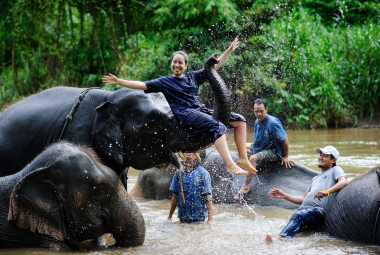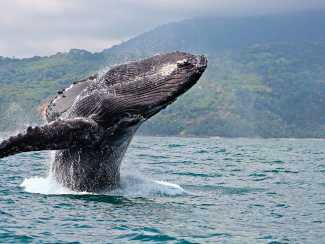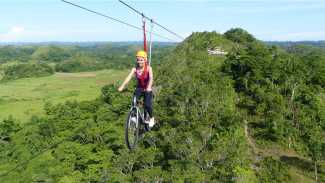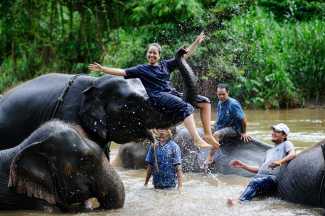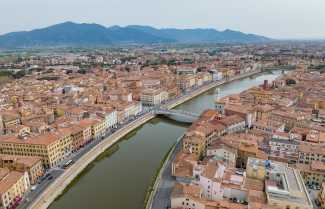Image by thedyrt.com
*Vacation Mode is a for-profit site. It contains paid banner advertisements that are generated and managed by a third-party network. This site also includes relevant affiliate links (both in the content and on the sidebar) all of which we do our best to clearly mark as such.
Snorkeling on Vacation
Table of Contents
Introduction
Snorkeling on vacation offers a captivating and immersive way to explore the enchanting underwater realms of our planet. This exhilarating activity, which is accessible to both novice and experienced adventurers, allows you to don a mask, snorkel, and fins to venture beneath the shimmering surface of tropical waters. As you float effortlessly above vibrant coral reefs and marine ecosystems teeming with an array of colorful fish and fascinating aquatic creatures, you'll find yourself transported to a world of tranquility and wonder. Whether you're seeking an adrenaline rush through encounters with majestic sea turtles and graceful rays or simply yearning for a serene escape to reconnect with nature, snorkeling promises an unforgettable and transformative experience that will leave you with cherished memories of your vacation. Dive into this introductory guide to discover the secrets of snorkeling, from selecting the ideal destinations and equipment to tips for maximizing your underwater adventure.
Benefits of Snorkeling
Snorkeling offers numerous benefits, including:
- Close encounters with marine life
- Relaxation and stress relief
- Physical exercise
- Exploration of vibrant coral reefs
Essential Snorkeling Gear
Before you hit the water, make sure you have the following gear:
- Mask and snorkel
- Fins
- Wetsuit or rash guard
- Life jacket (if necessary)
- Underwater camera (optional)
Choosing the Perfect Snorkeling Destination
When selecting your vacation spot, consider destinations known for exceptional snorkeling, such as:
- The Great Barrier Reef, Australia
- Bali, Indonesia
- The Maldives
- Hawaii, USA
- Palawan, Philippines
Snorkeling Tips and Techniques
Follow these tips for a safe and enjoyable snorkeling experience:
- Practice proper breathing techniques
- Don't touch or disturb marine life
- Stay aware of your surroundings
- Apply sunscreen to protect your skin
- Stay hydrated
Frequently Asked Questions (FAQ)
- Q: Is snorkeling suitable for beginners?
- A: Yes, snorkeling is beginner-friendly. Just ensure you're comfortable in the water and use proper gear.
- Q: Do I need to be a strong swimmer to snorkel?
- A: While strong swimming skills help, many snorkeling spots have shallow areas suitable for all skill levels.
- Q: What's the best time of year for snorkeling?
- A: It depends on your destination, but generally, snorkeling is best during the dry season when water visibility is optimal.
Conclusion
In conclusion, snorkeling on vacation is a gateway to a world of natural beauty and serenity that enriches any travel experience. It is an activity that transcends age and skill levels, allowing everyone to witness the breathtaking wonders hidden beneath the waves. From the resplendent coral gardens of the Great Barrier Reef to the crystal-clear waters of the Maldives, the destinations for snorkeling are as diverse as the marine life they harbor. As we bid farewell to the vibrant coral reefs, curious fish, and the sense of weightlessness that defines snorkeling, we are left with not just memories, but a profound connection to the oceans and an awareness of the importance of protecting these delicate ecosystems. Snorkeling offers us the chance to appreciate the majesty of the underwater world, reminding us of the need to be responsible stewards of our oceans, ensuring that future generations can continue to enjoy this awe-inspiring adventure on their vacations. So, whether you seek adventure or tranquility, snorkeling undoubtedly leaves an indelible mark on your travel experiences, a reminder of the magnificence of nature and the beauty that can be discovered just below the surface of the sea.



